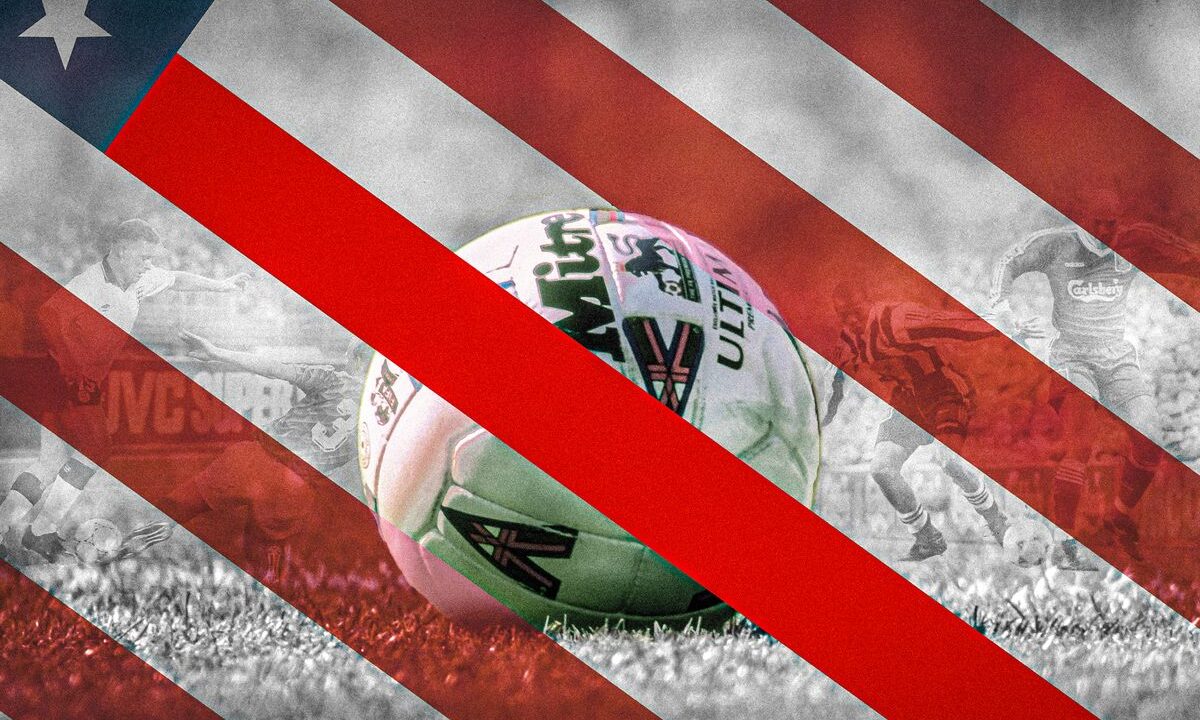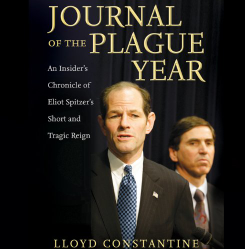We watched with joy and amazement, along with billions of others last Sunday as Argentina clobbered France for most of the match, that instantly was crowned the “greatest” (men’s) World Cup final. And if that’s plausible – “greatest” – it’s also an almost perfect vehicle for making our point about commercial success in the U.S. being contingent on changing the rules about the way tied games end. A very frequent occurrence “Picture yourself in a boat on a river” watching the purportedly greatest NBA final 7th game or NCAA Men’s Final – say 1957 – Boston 125 St. Louis (Hawks) 123 in double overtime, or the same year North Carolina 54 Kansas 53 in triple overtime.

Bob Pettit & Bill Russell
And instead of those games ending with the team that scored more points playing full-tilt full court basketball, the games had ended in a free-throw contest among four designated shooters from each team?
Or imagine watching the purportedly greatest NFL Championship game – 1958, Colts 23 Giants 17 ending instead of on Alan Ameche’s one-yard plunge with 6:45 left in sudden-death overtime – with a placekicker shootout – kicking defended placekicks of designated or increasing distance until one missed and the other didn’t – as in a high-jump contest.

Alan Ameche
Sunday’s World Cup ending was even worse than these concocted basketball/American football nightmares. Because it culminated a great game that showcased and accentuated soccer’s other weaknesses as a commercial (not participatory) endeavor.
First, as we stated upfront, Argentina kicked the crap out of France for most of the match, but almost lost. All of us have attended and/or participated in other sports where not just the better team but the team that has performed better that day lost. That happens far more frequently in soccer and the losing team has not only played better but much better.
The second flaw spotlighted Sunday and compared invidiously with basketball, American football, hockey, baseball et. al. is that after scoring two or more early goals, the team ahead adopts a far less exciting prevent defense for the rest/most of the match. That strategy, employed by Argentina on Sunday, was thwarted only because of Kylian Mbappé’s extraordinary ability to do something that happens only a few times in a lifetime – with the rest of that time filled with many games of 30 minutes of exciting full-field action and 60 of much less compelling defense.

Lionel Messi & Kylian Mbappe
For the awful ending problem – fatal to real commercial success in the U.S. (the rest of the world either overlooks it or doesn’t care) the solution is not only simple but was also spotlighted Sunday. The greatest World Cup final should have ended 3-2 with Messi’s second goal in overtime. Unlike American football, soccer is not burdened with a sudden-death overtime imbalance where the “receiving” team has a big unearned and unfair advantage.
Let’s see if FIFA, as it continues to battle the IOC for “most corrupt International Sports Governing Body,” can see the necessity of this rule change before the next Men’s World Cup.
That one will be held in 2026 in North America. 10 matches in Mexico, 10 in Canada and the last 40 in 11 U.S. cities. And we hope the very last one in L.A. won’t end in another free-throw shooting contest.



And what amount of attention has any but diehard American fans paid to the game since that World Cup
Spot on…remember when the National TV stations used to cut off the fourth quarters of major football games….?
There is no solution that works. In 2002, FIFA tried a “Golden Ball” rule—first team to score in extra time wins. Problem was that the consequences of being caught out on defense were so extreme that both sides parked the bus and extra time proved boring and ineffective.
The only other solution would be to continue to play 15 minute periods with additional substitutions. The problem there is that the gulf between a team like Morocco and a team like France is even greater when looking to their benches. Such a rule would just further entrench the top EU sides (plus Argentina and Brazil) and leave everyone else out in the cold.
Yes, FIFA is in terrible shape. It’s corrupt and inept, and likely won’t change until or unless there is a groundswell of demand for it to change, which isn’t very likely, at least not in the next four years.
Basketball, American football, and baseball all have better ways to break ties. NFL hockey does pretty much the same thing that international soccer does.
I don’t think that the US has enough juice to bring about change, but I don’t think that is the main reason professional soccer isn’t a commercial success here. For one thing, there are so many other big, successful professional sports leagues here, and they all have long histories. But perhaps more important is the lack of commercial advertising due to the structure of the game. It has two 45 minute halves with almost no stopages in play. Stopages in play give commercial advertisers a chance to hawk their products, thus bringing in big bucks. If you go to an NHL game, when there is a stopage in play, the referee doesn’t drop the puck until a bright light on the sidelines goes off, indicating that the tv commercials are over and it’s OK to begin action again.
Basketball and football have plenty of opportunities for TV ads. Baseball is so slow and has so many stopages that commercial sponsors are a dime a dozen. In the Superbowl, commercials are such a big deal that they are almost as interesting (if not more so) than the half time show.
Until professional soccer can present more commercial advertising opportunities, professional soccer will never succeed in the US, despite shootouts.